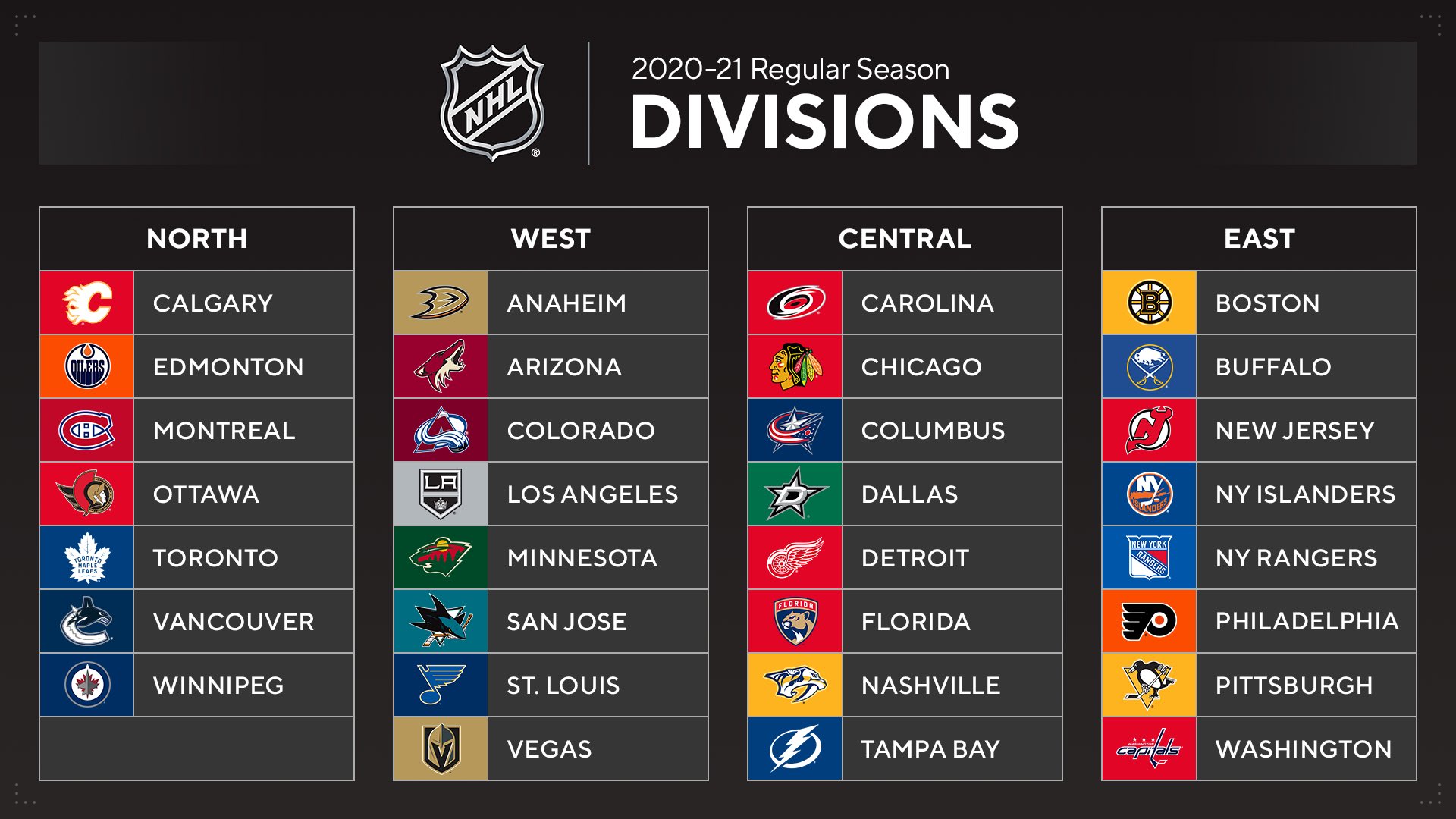Credit Suisse Whistleblower Case: A $150 Million Settlement

Table of Contents
The Whistleblower's Allegations
The Credit Suisse whistleblower's allegations centered around serious misconduct within the bank, encompassing potentially illegal activities impacting both the bank's internal operations and its clients. While the specific details of the allegations remain partially confidential due to the settlement agreement, reports suggest the whistleblower exposed practices related to potential tax evasion, money laundering, and fraudulent activities involving high-net-worth individuals and potentially even governments. The scale and gravity of these allegations underscore the systemic nature of the issues at hand and the potentially significant damage done.
- Specific examples of alleged misconduct: The allegations reportedly included facilitating the creation of shell companies to hide assets from tax authorities, aiding in the movement of funds of questionable origin, and potentially misrepresenting financial information to clients and regulators.
- Timeline of events: The whistleblower reportedly documented instances of alleged misconduct over a period of several years, meticulously recording evidence before finally deciding to report the issues.
- Channels used for reporting: The whistleblower likely used a combination of internal channels within Credit Suisse (potentially utilizing the bank’s own internal reporting system) and external authorities, including potentially regulatory bodies like the SEC and FINRA in the US, and potentially equivalent agencies in other jurisdictions where Credit Suisse operates. This highlights the importance of utilizing multiple channels when reporting potential wrongdoing.
The Investigation and Legal Proceedings
Following the whistleblower's report, investigations were launched both internally by Credit Suisse and externally by relevant regulatory authorities. These investigations involved extensive document reviews, witness interviews, and forensic accounting to determine the validity of the allegations.
- Key findings of the investigations: While the complete findings remain confidential, the $150 million settlement suggests substantial evidence supported the whistleblower's claims. The investigations likely revealed systemic failures within Credit Suisse’s internal controls and compliance programs.
- Legal arguments: Credit Suisse likely argued against the severity of the allegations and the amount of the settlement, possibly contesting the evidence presented by the whistleblower and the investigating authorities. The whistleblower, supported by legal counsel, would have countered this by presenting detailed evidence supporting the claims of misconduct and the resulting damages.
- Role of legal bodies: The Securities and Exchange Commission (SEC), the Department of Justice (DOJ), and possibly other international regulatory bodies played a crucial role in the investigation and legal proceedings. Their involvement underlines the seriousness of the allegations and the cross-border nature of the potential crimes.
The $150 Million Settlement
The $150 million settlement represents a substantial financial penalty for Credit Suisse. It signifies a significant admission, even if not explicitly stated, that the bank failed to adequately address the alleged misconduct.
- Breakdown of the settlement amount: The precise allocation of the settlement funds likely remains confidential. However, it's highly probable that a portion goes to the whistleblower, while the rest may cover legal fees, penalties, and remediation efforts by Credit Suisse.
- Admission of guilt or liability: While Credit Suisse may not have formally admitted guilt, the sheer magnitude of the settlement suggests an implicit acknowledgment of liability and wrongdoing.
- Future obligations: As part of the settlement, Credit Suisse likely faces ongoing obligations, including enhanced compliance programs, independent audits, and reporting requirements to regulatory authorities. These measures aim to prevent future instances of misconduct and ensure greater transparency.
Implications for Corporate Governance and Regulatory Oversight
The Credit Suisse whistleblower case has far-reaching implications for corporate governance and regulatory oversight within the financial industry. It underscores the necessity of robust internal controls and ethical corporate conduct.
- Increased scrutiny of internal reporting mechanisms: This case will likely lead to increased scrutiny of whistleblower hotlines and internal reporting mechanisms within financial institutions. Companies will be under pressure to ensure these mechanisms are effective, confidential, and easily accessible to employees.
- Strengthened regulatory oversight: Regulatory bodies will likely intensify their oversight of financial institutions, potentially implementing stricter regulations and increased penalties for non-compliance. This increased scrutiny will aim to prevent similar incidents in the future.
- Enhanced protection for whistleblowers: The success of this case underscores the need for stronger legal protections for whistleblowers who risk retaliation for reporting wrongdoing. Governments and regulatory bodies may review and strengthen existing whistleblower protection laws.
The Importance of Whistleblower Protection
Whistleblowers play a crucial role in uncovering corporate crime and maintaining ethical standards within organizations. Their actions often prevent significantly greater damage and protect the public interest.
- Benefits of robust whistleblower protection programs: Effective programs protect whistleblowers from retaliation and encourage the reporting of misconduct. This leads to quicker detection and resolution of issues, reducing potential financial losses and reputational damage.
- Challenges in protecting whistleblowers from retaliation: Whistleblowers often face significant risks, including job loss, social ostracism, and even legal challenges. Stronger protection laws and support systems are crucial.
- Legal frameworks and protections: Many countries have implemented whistleblower protection laws, but these vary in strength and effectiveness. The Credit Suisse case highlights the need for continued improvement and harmonization of these laws.
Conclusion
The Credit Suisse whistleblower case and its substantial $150 million settlement represent a watershed moment, underscoring the critical importance of robust whistleblower protection and ethical corporate conduct. This landmark case highlights the significant risks associated with failing to address internal wrongdoing and the potential for severe financial and reputational consequences.
Call to Action: Understanding the intricacies of the Credit Suisse whistleblower case is crucial for anyone interested in corporate governance, regulatory compliance, and the critical role of whistleblowers in protecting the integrity of financial institutions. Stay informed about similar cases and advocate for stronger whistleblower protections to prevent future instances of corporate misconduct. Continue learning about significant cases like the Credit Suisse whistleblower case to understand the evolving landscape of financial regulation and ethical conduct.

Featured Posts
-
 Recent Bitcoin Rebound Signs Of A Market Recovery
May 09, 2025
Recent Bitcoin Rebound Signs Of A Market Recovery
May 09, 2025 -
 Finding The Real Safe Bet A Practical Guide To Secure Investing
May 09, 2025
Finding The Real Safe Bet A Practical Guide To Secure Investing
May 09, 2025 -
 Alpines Hidden Monza Test Franco Colapintos Performance Revealed
May 09, 2025
Alpines Hidden Monza Test Franco Colapintos Performance Revealed
May 09, 2025 -
 Polufinaly I Final Ligi Chempionov 2024 2025 Prognozy Data Matchey I Gde Smotret
May 09, 2025
Polufinaly I Final Ligi Chempionov 2024 2025 Prognozy Data Matchey I Gde Smotret
May 09, 2025 -
 Elon Musk And Tesla The Ripple Effect On Dogecoins Value
May 09, 2025
Elon Musk And Tesla The Ripple Effect On Dogecoins Value
May 09, 2025
Latest Posts
-
 Major Nhl Storylines 2024 25 Seasons Second Half
May 09, 2025
Major Nhl Storylines 2024 25 Seasons Second Half
May 09, 2025 -
 Nhls Draisaitl Suffers Injury Impact On Edmonton Oilers
May 09, 2025
Nhls Draisaitl Suffers Injury Impact On Edmonton Oilers
May 09, 2025 -
 Remaining 2024 25 Nhl Season Storylines To Anticipate
May 09, 2025
Remaining 2024 25 Nhl Season Storylines To Anticipate
May 09, 2025 -
 Predicting The Top Storylines In The Nhls 2024 25 Season
May 09, 2025
Predicting The Top Storylines In The Nhls 2024 25 Season
May 09, 2025 -
 Nhl 2024 25 Season Key Storylines To Follow
May 09, 2025
Nhl 2024 25 Season Key Storylines To Follow
May 09, 2025
